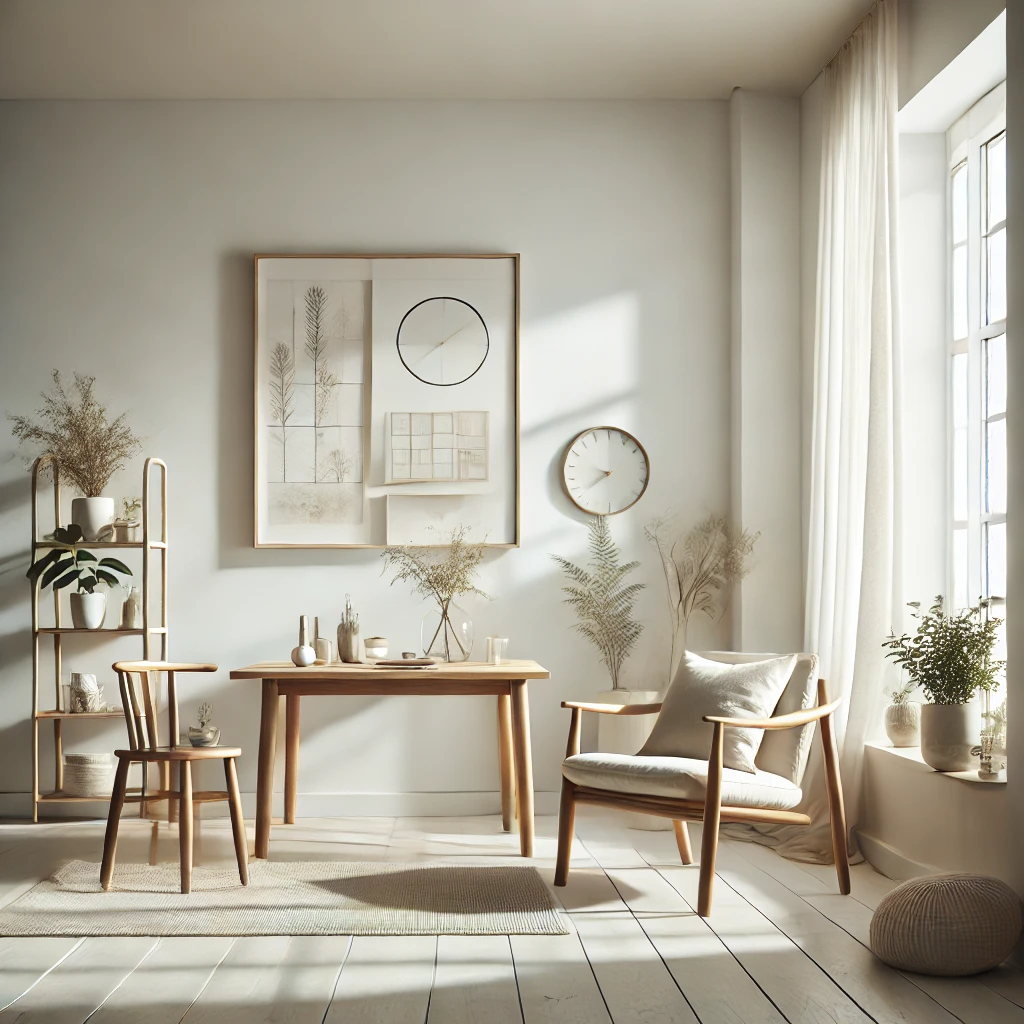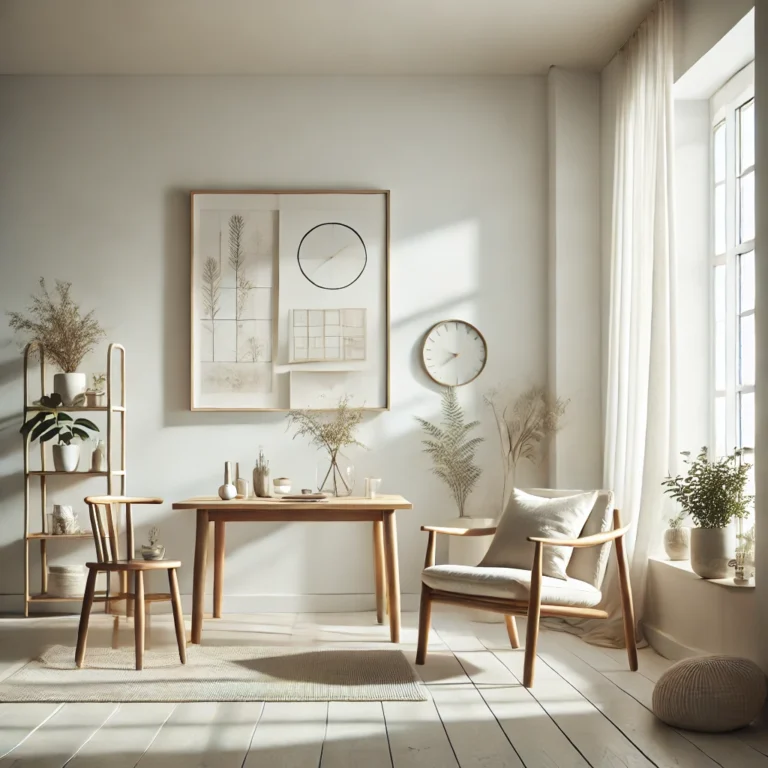Physical Address
304 North Cardinal St.
Dorchester Center, MA 02124
Physical Address
304 North Cardinal St.
Dorchester Center, MA 02124


Have you ever felt overwhelmed by the sheer amount of stuff in your life? Minimalism offers an alternative approach, inviting you to simplify and create more space—both physically and mentally. By embracing a minimalist lifestyle, you can experience a range of mental health benefits that contribute to a calmer, more balanced life. In this article, we’ll explore how living with less can support mental well-being, reduce stress, and promote happiness.
Minimalism isn’t just about having less stuff; it’s about removing distractions and focusing on what truly adds value to your life. This approach helps you eliminate excess belongings, commitments, and mental clutter, making room for things that genuinely matter. For many people, minimalism offers a way to escape the cycle of consumerism and reclaim control over their lives.
According to Headspace, reducing clutter can decrease stress and increase focus, allowing you to cultivate a more mindful and present life. With fewer distractions, you have more energy to invest in personal growth, relationships, and activities that bring you joy.
A minimalist lifestyle can provide several key mental health benefits, including:
For instance, Marie, a school teacher from Spain, began decluttering her home as part of her journey to mental wellness. She noticed her anxiety levels dropped, and she felt more in control of her environment. This newfound simplicity transformed her outlook on life, leaving her feeling refreshed and inspired.
Embarking on a minimalist lifestyle doesn’t have to be overwhelming. Here are some easy steps to get started:
If you’re interested in learning more about the benefits of minimalism, explore this article from Psychology Today, which provides additional insights on how minimalism can support mental health.
John, a graphic designer from Canada, started his minimalist journey after feeling burnt out and overwhelmed by the clutter in his life. He began by decluttering his home office, donating items he no longer needed and investing in quality, eco-friendly products. Over time, he noticed his stress levels decreased, and he could focus better on his work. Today, John shares that his minimalist lifestyle has not only improved his mental well-being but also brought clarity and balance to his daily life.
At EcoTipsEveryday.com, we encourage everyone to consider minimalism as a path toward mental peace and a more fulfilling life. By letting go of excess and focusing on what truly matters, you can create a lifestyle that supports both your mental health and the planet.
Minimalism isn’t a one-time project but rather an ongoing lifestyle choice. As you adopt this approach, remember that minimalism looks different for everyone. It’s about creating a balance that works for you and makes your life easier, not about following strict rules.
Would you like to start simplifying your life today? Try focusing on one small area, and see how it makes you feel. What changes can you make that would help you feel calmer and more in control? Join the conversation in the comments and share your experiences or favorite tips for living a simpler, more intentional life.
Adopting a minimalist lifestyle can be transformative for your mental health. By focusing on simplicity, you create space for peace, clarity, and meaningful connections. What are your thoughts on minimalism? Have you tried it, or are you interested in starting? Let us know how minimalism has impacted your life, or what steps you’re excited to take next.
Minimalism isn’t about deprivation; it’s about freedom. Take the first step today and enjoy the calm and focus that comes with living a simpler, more intentional life.